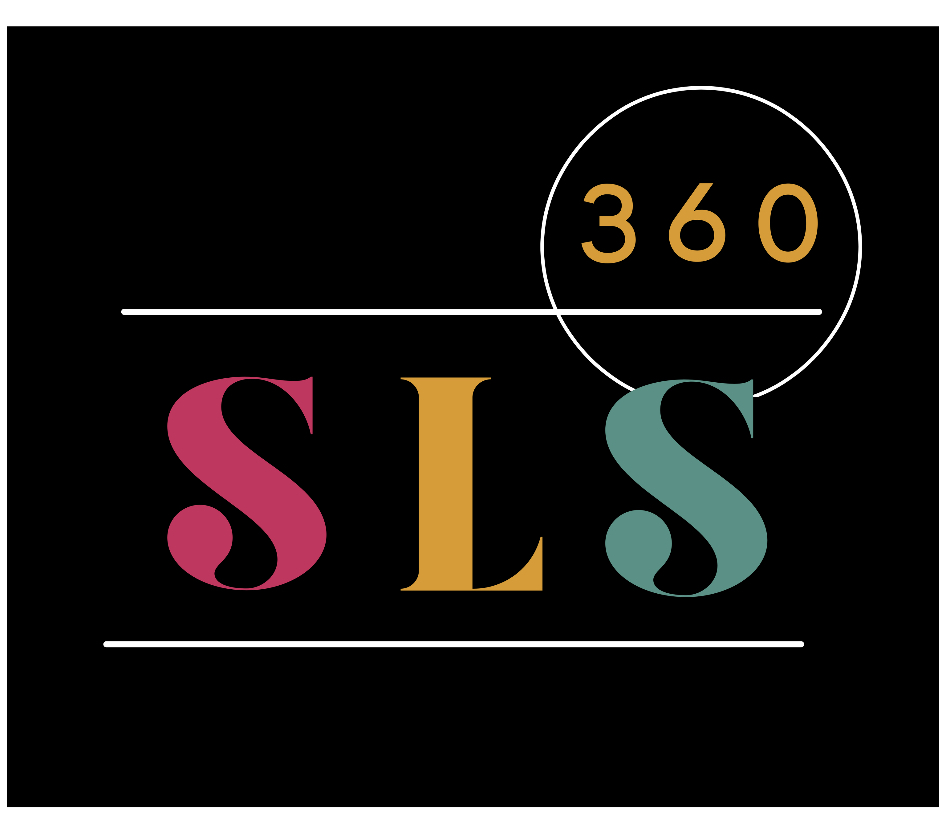Unlocking Wellbeing Through Arts and Culture – A Call to Action for EDI Leaders
- SLS 360
- Jan 9, 2025
- 3 min read

It’s official. Consuming culture is good for your health and wellbeing. In December 2024, the Guardian shared research conducted by the Department for Culture, Media & Sport (DCMS) confirming what many of us have long suspected: arts and culture are not mere luxuries but vital contributors to health and wellbeing.
The evidence is compelling—engaging with the arts reduces stress, enhances mental health, and even supports physical health. It also generates £8bn a year worth of improvements in people’s quality of life and higher productivity.
“Arts engagement can help to reduce unnecessary pressure on health services, through helping individuals to manage their own health more proactively, such as staying physically active and socially engaged, and reducing the need for inpatient hospital and nursing home stays.” (Prof Daisy Fancourt, Director of the WHO centre)
The study connects cultural participation to tangible health outcomes including:
Improved Mental Health: Activities like music and theatre attendance are linked to lower rates of depression and anxiety.
Enhanced Longevity: Regular engagement with arts is associated with longer lifespans, likely due to reduced stress and increased social connections.
Physical Health Benefits: The therapeutic effects of creative practices, from painting to dancing, extend to better heart health and overall fitness.
Yet, these benefits remain unequally distributed, with marginalised communities often excluded from accessing such opportunities due to systemic barriers.
As an EDI leader, I see this as a call to action. Equity in cultural access isn’t just about promoting creativity; it’s about ensuring that everyone, regardless of background or socioeconomic status, can enjoy the profound benefits arts and culture bring.
“For many in marginalised communities, financial constraints, lack of local arts infrastructure, or cultural exclusion limit access”
While these findings are exciting, they also expose a glaring inequity: cultural participation is often a privilege. For many in marginalised communities, financial constraints, lack of local arts infrastructure, or cultural exclusion limit access. This inequality denies vulnerable groups the opportunity to experience the benefits the arts can offer.
What Can EDI Leaders Do?
Inclusion, Diversity, Equity and Accessibility (IDEA) leaders are uniquely positioned to bridge this gap. Here’s how we can respond:
Advocate for Accessible Arts
Encourage workplaces, schools, and local councils to invest in arts programs that are free or affordable. Advocate for initiatives that reflect diverse cultures and perspectives, making everyone feel represented and welcome.
Integrate Arts into Wellbeing Programs
Partner with artists, cultural organizations, and community groups to incorporate creative activities into workplace wellbeing initiatives. From team-building through art to mindfulness workshops, these efforts can transform the workplace.
Support Artists from Underrepresented Communities
Champion initiatives that fund and uplift underrepresented artists. This ensures diverse voices contribute to the cultural landscape, enriching everyone’s experience while breaking down systemic barriers.
Leverage Networks for Support and Collaboration
As the saying goes, if you want to go fast, go alone, if you want to go far, go together. Consider joining a network such as our I.D.E.A.L Network (Inclusion, Diversity, Equity, Accessibility, and Leadership) which offers a platform for professionals to share strategies and collaborate on integrating arts into their EDI efforts. Through workshops, forums, and best-practice guides, we support leaders in making cultural inclusion a reality.
“If you want to go fast, go alone, if you want to go far, go together”
At SLS 360, we understand the transformative power of inclusion—not just in senior leadership teams and boardrooms but in everyday experiences like the arts. That’s why our services include:
Cultural Inclusion Consulting: Helping organisations create programs that integrate arts and wellbeing into their diversity strategies.
Tailored Workshops: Facilitating creative sessions that bring teams together while fostering an appreciation for diverse perspectives.
The I.D.E.A.L Network: A hub for innovation, learning, and collaboration in EDI leadership.
The arts are a universal language, but their benefits should not be limited to a privileged few. By championing equitable access to cultural opportunities, we can foster healthier, happier, and more inclusive communities. Let’s take this research as a mandate to act—not just to celebrate the arts but to ensure they are truly accessible to all.
For more on how SLS 360 can support your organization in integrating arts and culture into your EDI strategy, visit our website at www.sls360.org
This blog was written by Samantha Stimpson, CEO of SLS 360.







Comments